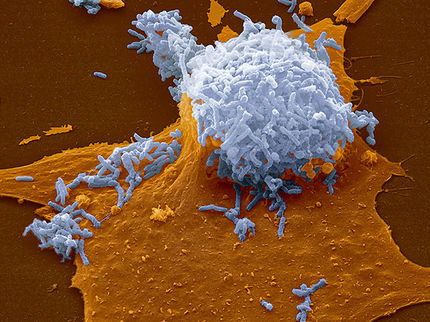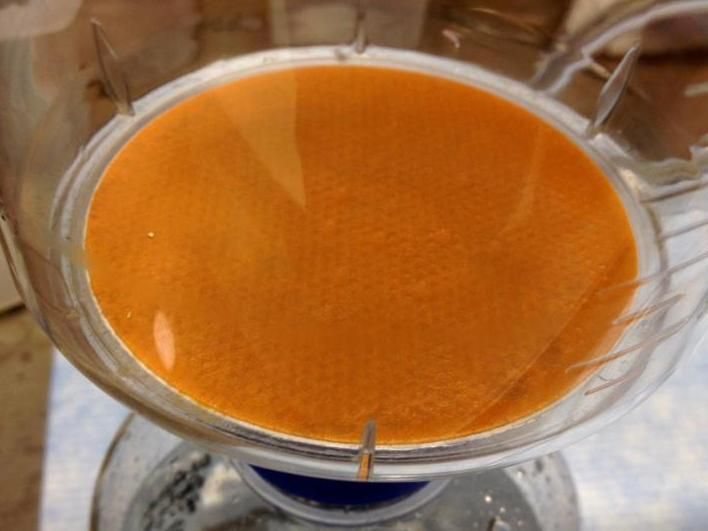Bacteria identified that may lead to inflammatory bowel disease in certain individuals
Advertisement
Certain bacteria that inhabit the intestine provide the environmental trigger that initiates and perpetuates chronic intestinal inflammation in individuals who are genetically susceptible to inflammatory bowel disease (IBD), a study led by Harvard School of Public Health researchers has found.
Inflammatory bowel disease results from a loss of homeostasis, or balance, between the immune system and the microbes that inhabit the intestine. "In this study, we identified two microbes that instigate gut inflammation that leads to inflammatory bowel disease in mice," said lead investigator Wendy Garrett, assistant professor of immunology and infectious diseases at HSPH. "We show using both metagenomic and conventional culture techniques that an individual's genetic background influences what bacteria reside within his or her intestine. Several studies are currently underway examining the intestinal microbial communities of patients with IBD and we are looking forward to exploring the role of the Enterobacteriaceae we have identified in patients with IBD."
Original publication: Wendy S. Garrett, Carey A. Gallini, Tanya Yatsunenko, Monia Michaud, Andrea DuBois, Mary L. Delaney, Shivesh Punit, Maria Karlsson, Lynn Bry, Jonathan N. Glickman, Jeffrey I. Gordon, Andrew B. Onderdonk, and Laurie H. Glimcher; "Enterobacteriaceae Act in Concert with the Gut Microbiota to Induce Spontaneous and Maternally Transmitted Colitis"; Cell Host & Microbe 2010.

















































